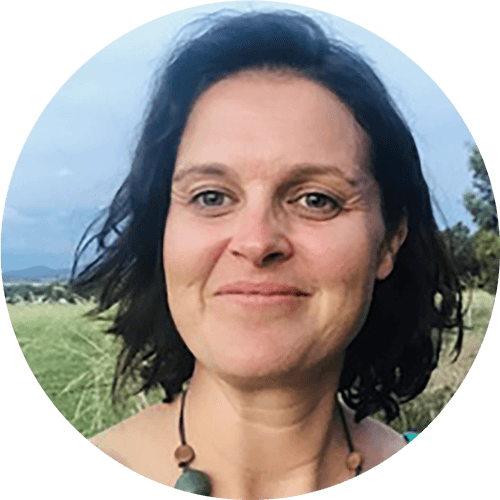Non-Economic Loss and Damage Project
Our Non-economic Loss and Damage Project works to shine a spotlight on the non-economic dimensions of loss and damage within the UNFCCC process, academia, and other forums relevant to Loss and Damage decision-making. Through an exploration of how we can measure, assess, and address non-economic loss and damage (NELD), the group works to further understanding and awareness of this critical yet undervalued component of climate governance.
For enquiries related to Non-economic Loss and Damage Project please contact the project coordinator:
teo [@] lossanddamagecollaboration.org
Team Members
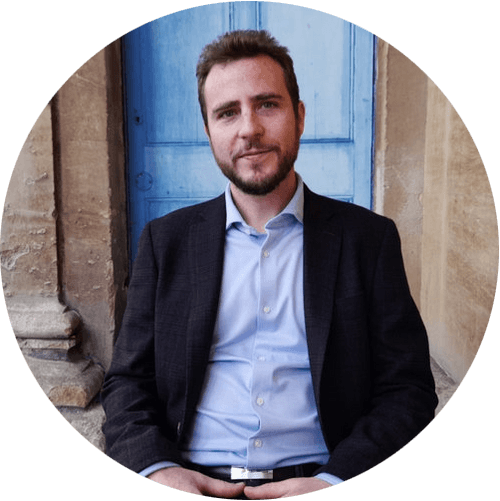
GUY JACKSON
Guy is a human geographer, based at the Lund University Centre for Sustainability Studies, Sweden, exploring the drivers of vulnerability in socio-ecological systems. Guy is currently working on the project Recasting the Disproportionate Impacts of Climate Change Extremes at LUCSUS. Guy’s current research explores people’s experience of loss, adaptation, and immobilities. Underlying this research is an interest in understanding the (re)production of vulnerability at different spatial and temporal scales. This research seeks to further our understanding of loss and damage by using an intersectional lens and transdisciplinary approaches.

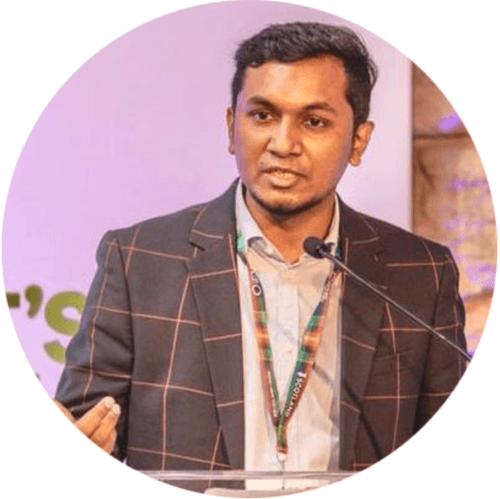
ISTIAKH AHMED
Istiakh is a doctoral student at the School of Public Policy and Urban Affairs at Northeastern University, Boston, USA. Before starting his PhD, he worked as an Advisor - Climate Adaptation, NAP and NDC support programme at GIZ Bangladesh. Earlier He worked at the International Centre for Climate Change and Development (ICCCAD) as a ‘senior programme coordinator’ managing the Loss and Damage programme. He has published several journal articles, book chapters, working papers, research reports, blogs and op-eds on climate change adaptation and loss and damage.

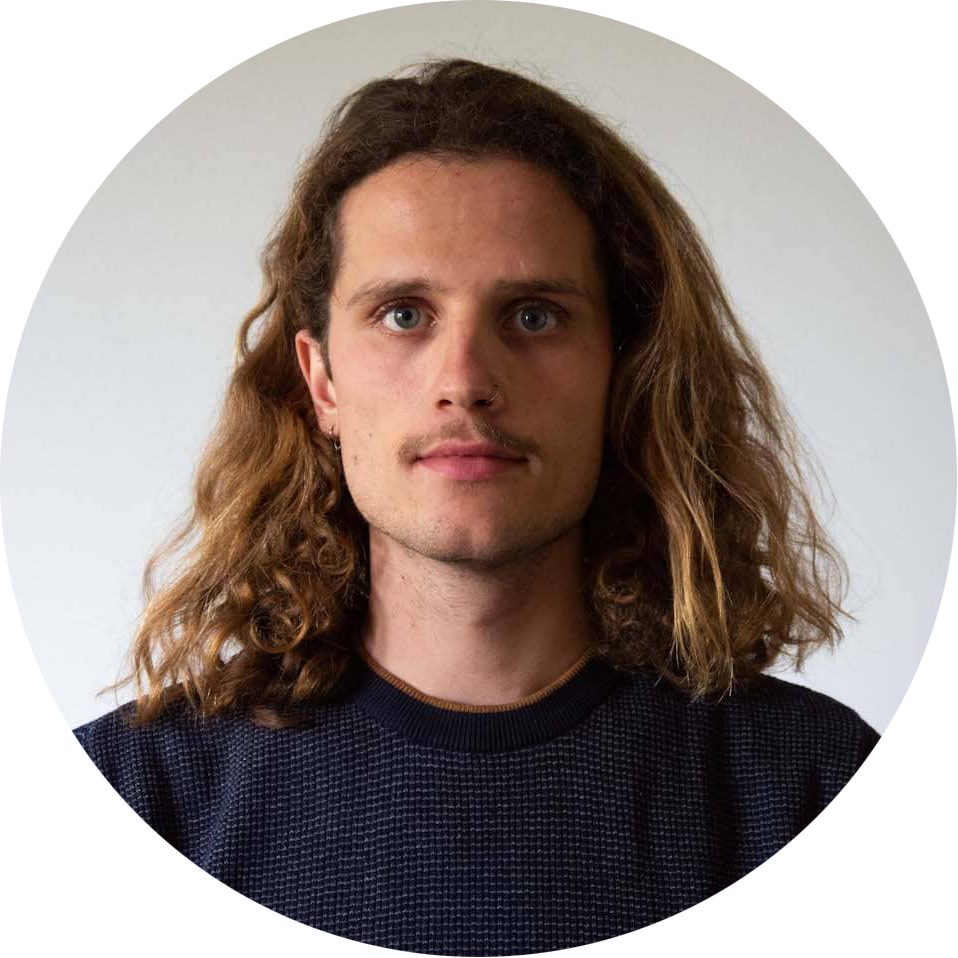
DOUWE VAN SCHIE
Douwe is a researcher focussing on on-the-ground experiences of loss and damage. He does this in collaboration with the International Institute for Environment and Development (IIED) and International Centre for Climate Change and Adaptation (ICCCAD). Initially, Douwe focussed on non-economic impacts. However, he has shifted to a values-based approach which unifies the concepts of economic and non-economic loss and damage.

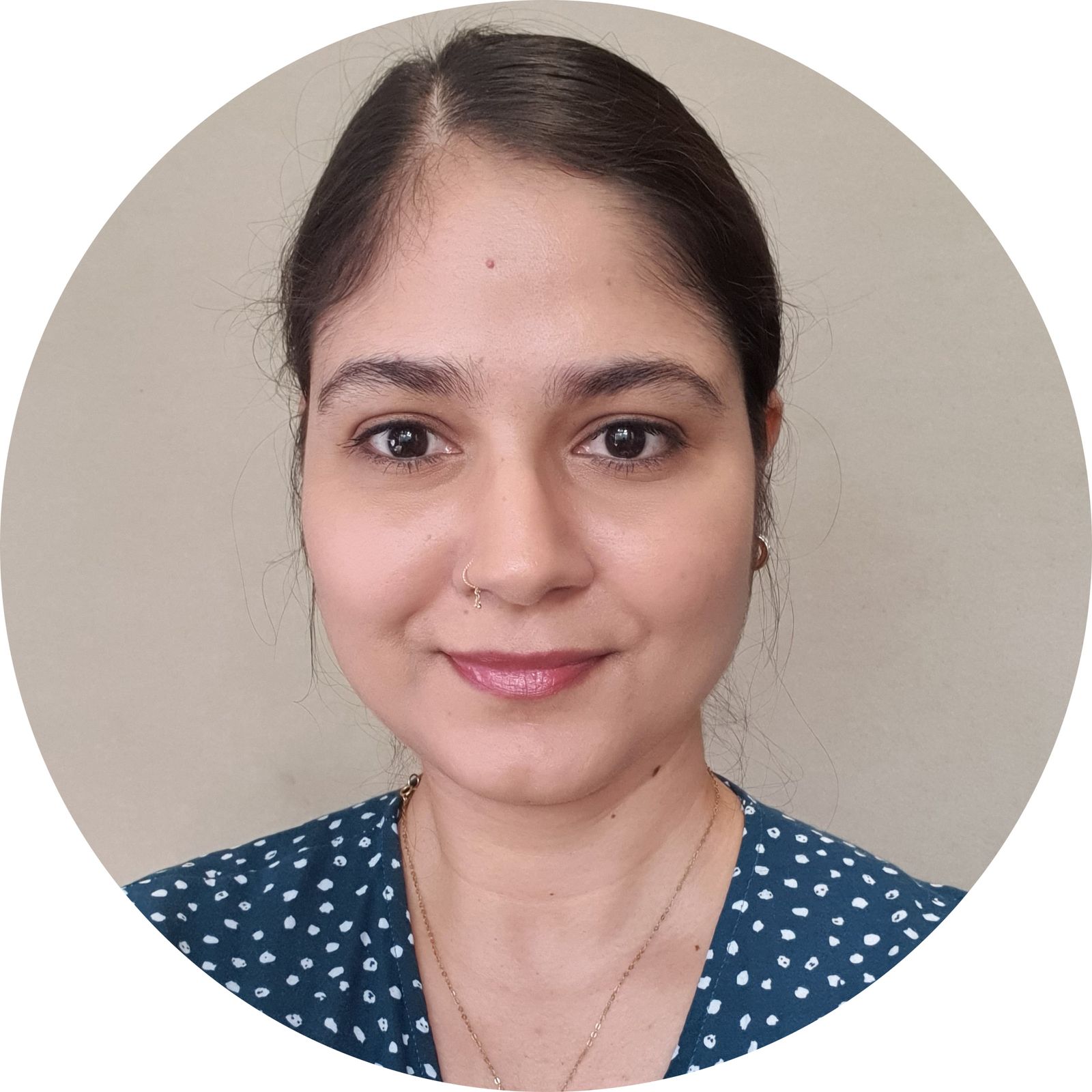
MOLEEN NAND
Moleen Nand is a Postdoctoral Research Fellow at the School of Earth and Environmental Sciences, The University of Queensland. She is working on local values-based systems approaches, the impact of climatic stressors on these values, current adaptation measures, and how to address NELD now and in the future in the Pacific. Moleen was a PhD student at the University of Adelaide where her research examined social-ecological systems’ vulnerability, current adaptation strategies, and lived experiences of L&D due to cyclones and droughts in Fiji’s sugar industry. Her research also investigated L&D governance, including climate finance readiness and policy gaps in addressing NELD.

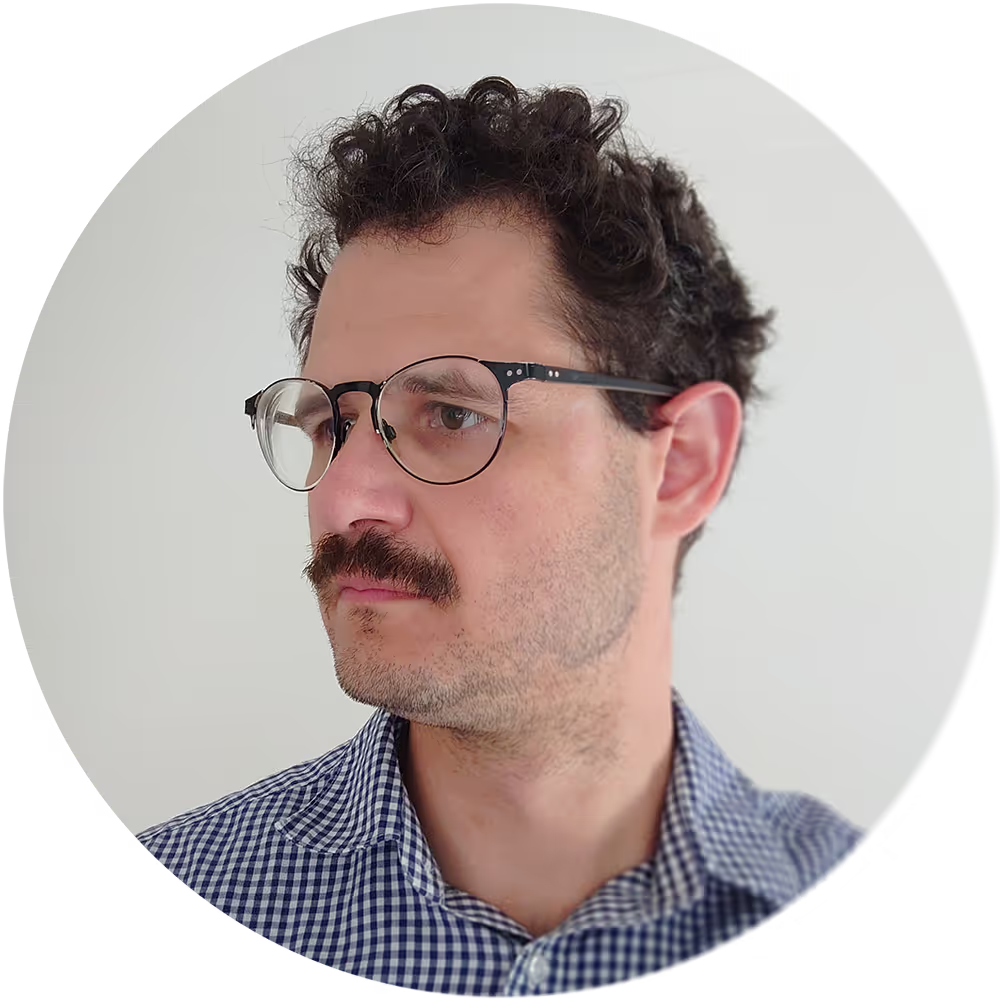
TEO ORMOND-SKEAPING
Teo (he/him) is an award winning artist, filmmaker and photographer working on projects relating to political ecology, Loss and Damage, climate-induced migration and displacement, Slow Violence and the political and cultural critique of the Anthropocene. Teo also works to coordinate the L&DC's Advocacy and Art and Culture programs and supports their communications work.


